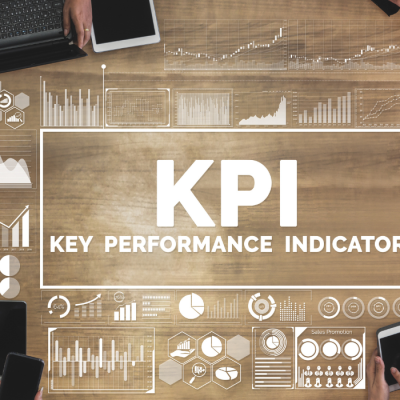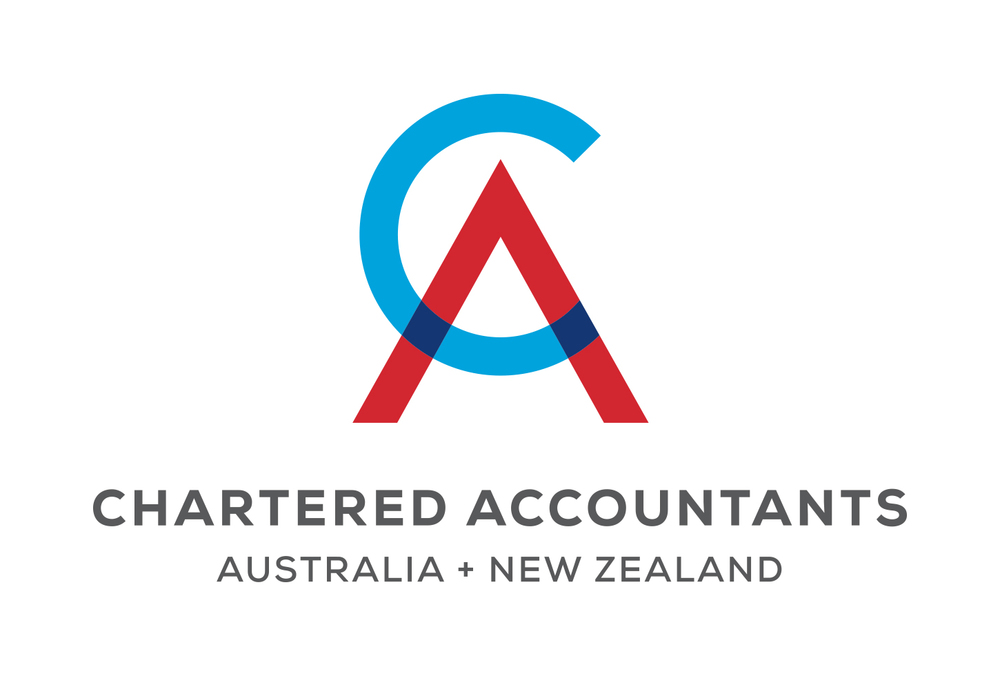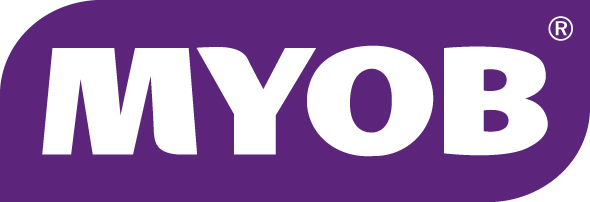The Fair Work Commission has just announced its increase to minimum wages which will become effective from the first full pay period on or after 1 July 2023. The increase to the minimum wage will be 5.75%. This is on-top of the increase of the superannuation guarantee level up from 10.5% to 11%.
A few things to consider:
- If your staff are paid in line with the Award – you will need to ensure your payroll system is set up to take into account the new minimum awards rates. Plus review any allowances or penalty payments in line with the new rates.
- Penalty rates and allowances outlined in awards that are linked to pay levels will also go up (this includes leave loading). This means that if your employees are currently receiving an ‘over-award’ salary to cover all the additional amounts set out in the awards, the increase may no longer cover the new award levels.
- If you have non-award staff on salary packages – they will be looking at the minimum rate % and thinking that is what they should get too… if you are looking at salary reviews now – this is a factor to consider.
The Fair Work Commission is continuing its campaign to identify pay issues in businesses (big and small). McDonalds was hit late last year with a $250m wages claim over rest breaks not being compliant with the Award. BHP was found to have mis-processed $430 million in incorrect payroll calculations of public holidays and in breaking news, Suncorp has just been found to have underpaid 15,800 employees between May 2014 and march 2022. If the big guys can get it wrong… it goes to show how easily a seemingly small error multiplied by many staff over many payrolls can add up.
Minimum wage review for 2023
The national minimum wage across Australia is currently $812.60 per week or $21.38 per hour. The minimum wage on 1 July 2023 will increase by 5.75% to $23.23 per hour.
If you are wondering why that seems more like an 8.65% increase, you would be correct.
But only on the C14 introductory wage level.
Traditionally the commission has looked at what they call the C14 wage level – this is an introductory or training wage. This year they determined that this was no longer the appropriate starting point for considering wage reviews so have used the C13 wage level instead and based the 5.75% on that level. The C13 wage rate last year was $21.97 thus going up to $23.23 is 5.75%.
Gender equity is still not off the table with industries such as childcare and aged care having an 80% v 20% F/M gender participation ratio. Special remuneration groups have been established to independently review these wage sectors with further increases to minimum wage rates likely.
The percentage increase to the minimum wage will apply to:
- Employees under a Modern Award (where they currently are being paid above Award wages you will need to triple check this).
- Employees who are not covered by an Award or Agreement (national minimum wage would apply).
With this decision the Fair Work Commission will be working through their pay tools and information sheets which should be available online in the coming weeks.
I’m already paying staff above award wages… am I exempt from these increases?
This is a common question for many clients. Paying your staff above Award wages does not preclude you from the provisions of the Award, except in certain circumstance and only when documented carefully. If you are not sure whether your staff are Award employees – check it now. The penalties for breaching Award or Fair Work Act provisions are substantial.
How to ensure compliance from 1 July with new Award rates
If you currently pay a salary above minimum Award rates and you are not intending to give pay rises this year, it is a good idea to recheck your employees’ rates against the new minimum Award rates to ensure all your employees continue to be remunerated at or above minimum Award rates.
If you have any special payment arrangements (e.g. not paying overtime, leave loading or a certain allowance or penalty because you pay a higher salary) make sure this arrangement is clearly documented. Don’t rely on a verbal agreement or a quick email to protect you from a future wage claim. There have been some recent cases highlighting unclear “offset clauses” in employment contracts or undocumented arrangements, and they have failed to hold up in court.
A quick review of your employment conditions and contracts is a quick, easy and inexpensive way to protect your business.
Check your payroll codes for which pay items are flagged as having superannuation paid on them. Normal hours with a 1.5 x penalty rate for working on a Saturday would attract superannuation, overtime hours worked on a Saturday attracting a 1.5 x overtime rate would not.
If you have questions, please get in contact with our Payroll Specialists. If the big guys can get this wrong, it is a red flag that any business can make a simple mistake that multiplies across your business over time. If you have any concerns, please don’t hesitate to ask the question!











